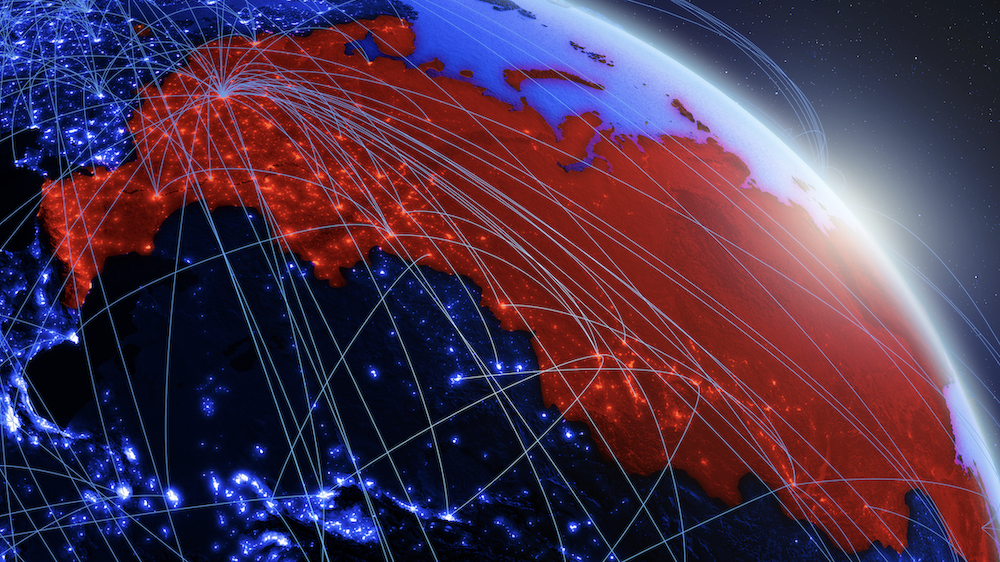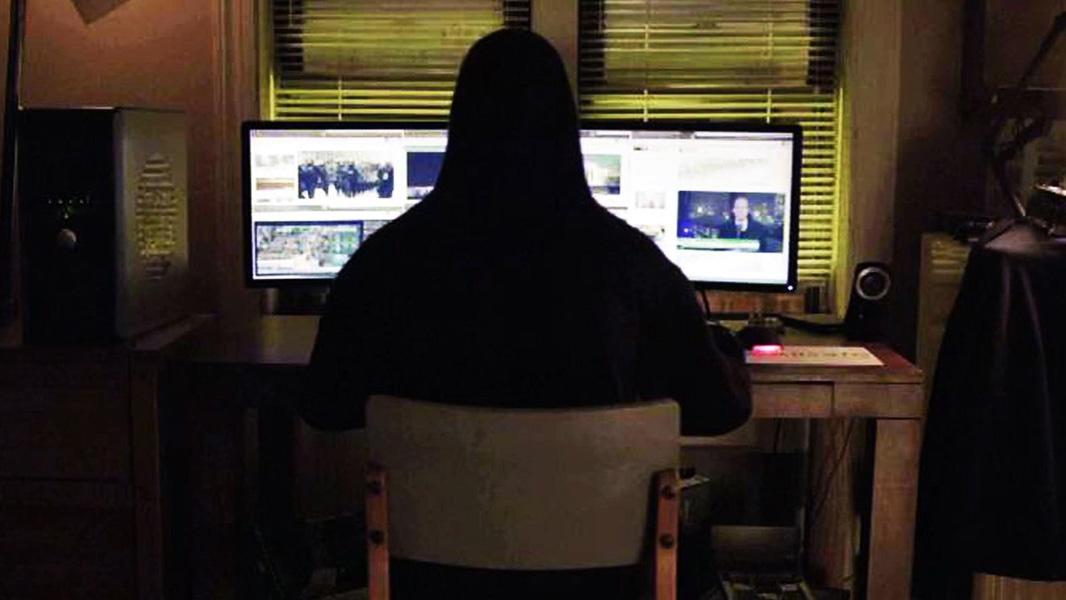How pulling out of Russia’s internet could further isolate its citizens

- Russia’s efforts to isolate its internet have been ongoing for several years.
- This shift has likely been accelerated by western service providers who have cut off access to Russian customers.
- While this may be helping to diminish the influence of Russian cyberattacks, it is also preventing ordinary citizens from accessing information outside of their government’s narrative.
Since the beginning of Russia’s full-scale invasion of Ukraine on February 24, the nation’s internet has become increasingly detached from the rest of the world. This shift is being driven by both western tech firms ending their services in Russia and by the Kremlin itself, which has been tightening its grip over the information its citizens can access.
Recently, NATO has increasingly accused Russia of cyberattacks and misinformation campaigns, with threats of retaliation if they continue. As a result, the Kremlin has perceived an increasing urgency to guard its internet against servers outside of its control. An isolated Russian internet may sound like a drastic and damaging step, but it is one that the country has been anticipating for some time.
Building a self-contained internet
As early as 2010, Russia launched its own operating system in an effort to reduce its dependence on Microsoft products. In 2017, the nation announced plans to create its own Domain Name System (DNS), which acts as a “phonebook” for cataloguing internet domain names. DNS root servers are currently overseen by 12 different organizations, but none are based in Russia. Even further, the Kremlin had begun to force tech companies like Facebook and Google to store data on Russian citizens inside Russia, for easy access by state officials.
In 2019, President Vladimir Putin signed into law a plan to create an independent Russian internet space called “RuNet”. Under this plan, internet providers would be forced to reroute traffic to state-approved exchange points, which are managed by telecom watchdog Roskomnadzor. This would allow the Russian internet to continue operating even if their servers were cut off from the rest of the world.
The plan didn’t come to fruition immediately, and was further delayed by the Covid-19 pandemic in 2020. But between June and July 2021, Russia conducted a test of a fully isolated RuNet, involving all major telecoms firms in the country. From the outside, it wasn’t immediately clear how long this disconnection lasted, or if it had any significant impact on internet traffic. Still, the Kremlin deemed the experiment a success.
Tightening control
Under the legislation signed by Putin, Roskomnadzor was given sweeping controls over how Russia’s citizens can use the internet. Immediately, critics became concerned that a completely isolated RuNet would allow the Kremlin to massively ramp up its efforts in surveillance and censorship.
At the time, it wasn’t clear whether Russia was actually planning to isolate its internet in the near future. But since the beginning of Russia’s full-scale invasion of Ukraine, that may have now changed. Over the past few weeks, the Kremlin has blocked access to Facebook, Twitter, and international news sites, on which Russian internet users could read and share information not approved by the Kremlin.
While this has generated a surge in demand for VPN apps, Roskomnadzor has ordered Google to remove tens of thousands of VPN-related search results, making it far more difficult for internet users to circumvent these barriers.
A western dilemma
The dismantling of Russians’ access to information hasn’t been triggered entirely by Russia itself. As western nations move to place the harshest possible sanctions on Russia, its citizens are seeing a steady decline in online services such as Facebook, Twitter, global news sites, and streaming services like Netflix and Amazon Prime Video. Some western internet providers, including the US-based Cogent, are even cutting off their Russian customers entirely.
In contrast, some organizations, including the digital security company Cloudfare, maintain the view that ending services for Russian customers will only make it harder for them to access outside information. This may only accelerate the ability of Russia’s government to isolate and control its internet further.
Ultimately, the situation places western tech firms in an extremely difficult position, with no clear solution for now. On one side, pulling out of Russia’s internet could diminish its ability to unleash cyberattacks and misinformation campaigns. On the other, the move could accelerate the isolation of RuNet, and strengthen the Kremlin’s control. For Russia’s citizens, this can only make it far more difficult to access the resources they need to oppose their government’s actions.





